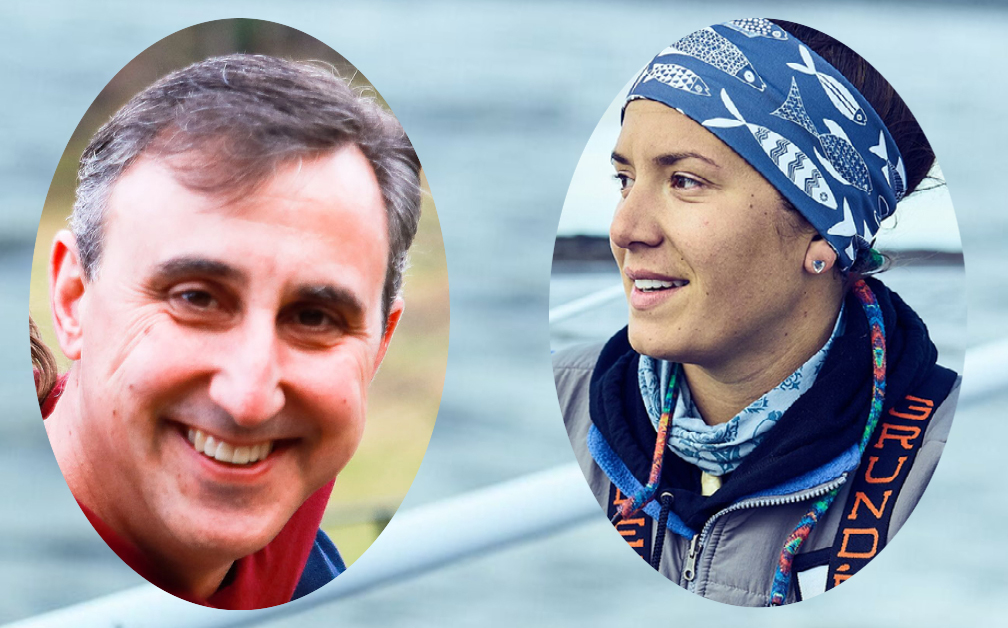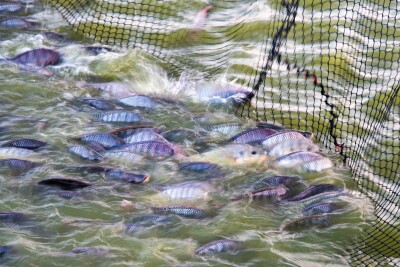President Joe Biden has the perfect opportunity to make good on his promise to unite our ideologically fractured country by moving quickly to preserve Bristol Bay, Alaska, one of our nation’s greatest natural and cultural treasures. Bipartisan support for this issue makes it a popular and easy win early in his presidency. And on top of that, protecting Bristol Bay supports thousands of American jobs and promotes food security both domestically and internationally during these difficult times.
Pebble Limited Partnership, a subsidiary of a Canadian mineral exploration and development company, is seeking to extract copper, gold, and molybdenum from Bristol Bay, which could permanently damage more than 100 miles of rivers and streams and 2,200 acres of wetlands in the surrounding area.
The Environmental Protection Agency, U.S. Fish and Wildlife Service, and independent technical experts have all determined that even without an accident or a catastrophic event, the Pebble Mine would destroy critical fish habitat and aquatic resources in the near pristine watershed. Bristol Bay needs federal protection to forever preserve this unique ecosystem from the potential harm this mine would inflict.
Wildlife from belugas to eagles to brown bears inhabits this region, but the economic and cultural heart of this area is salmon. Bristol Bay’s annual wild sockeye salmon runs are the largest on Earth. The area supports a $1.5 billion annual commercial fishery, creates 14,000 jobs in fishing and tourism, and produces more than half of the world’s supply of wild sockeye.
Follow our Pebble Mine coverage
Thousands of people from the Pacific Northwest and beyond regularly use the Bristol Bay area for fishing salmon and hunting wildlife that depend on salmon. Additionally, this region is the traditional territory of 31 federally recognized Yup’ik, Dena’ina, and Alutiiq tribes, all of whom rely on fishing, hunting, and gathering around Bristol Bay. Salmon have sustained Alaska Natives as an important food source for thousands of years and are vital to the cultural and spiritual heritage of the region.
Widespread industry, environmental, Tribal, and local opposition to the Pebble mine project has been ongoing for years, and we cheered in November when the U.S. Army Corps of Engineers denied Pebble Limited Partnership a permit for the project to move forward. While this was a step in the right direction, it fails to provide lasting protections for the region and does nothing to prevent future threats. In fact, the Pebble Limited Partnership is currently appealing the U.S. Army Corps’ Record of Decision on the project.
In the early days under the Biden administration, the EPA should veto the Pebble mine project under section 404c of the Clean Water Act, which contains the strongest protections that the federal government can extend under current law. With immediate threats to Bristol Bay eliminated, Congress should then look to permanently codify protections for Bristol Bay with new legislation. A coalition of Bristol Bay organizations, including regional Tribal associations, recently released the Call to Protect Bristol Bay as a roadmap for lawmakers to take in order to provide long-term security to the region’s robust natural resources upon which so many depend.
What makes protecting Bristol Bay the perfect issue for immediate action by the Biden administration is that it has far-reaching and longstanding bipartisan support. As the late U.S. Sen. Ted Stevens (R-AK) said in 2008, such a project “is the wrong mine for the wrong place.” Sens. Lisa Murkowski and Dan Sullivan, both Republicans from Alaska, as well as U.S. Reps. Jared Huffman (D-Calif.) and Peter DeFazio (D-Ore.), and Senators Jeff Merkley (D-Ore.), Maria Cantwell (D-Wash.), and Joe Manchin (D-WV), have publicly voiced opposition to the Pebble Mine. A broad coalition, including Bristol Bay Tribes and residents, commercial fishermen, sport anglers, and conservationists, have sought Clean Water Act protections for more than a decade.
Biden in August 2020 vowed to stop Pebble Mine if he was elected, and this issue should be an early priority for his administration now that he is in office. Stopping Pebble Mine is an ideal chance to showcase his administration’s ability to unite both sides of the aisle while delivering valuable, tangible conservation results and upholding Indigenous rights.
Moreover, these protections provide certainty that Bristol Bay communities and residents can continue to build a sustainable economy, sustain working waterfronts and individual livelihoods, and carry on centuries-old traditions without fear that they will be destroyed by the wrong mine in the wrong place.
Robert C. Vandermark is the executive director of the Marine Fish Conservation Network. Lindsay Layland is a commercial fisherman and deputy director of United Tribes of Bristol Bay.







